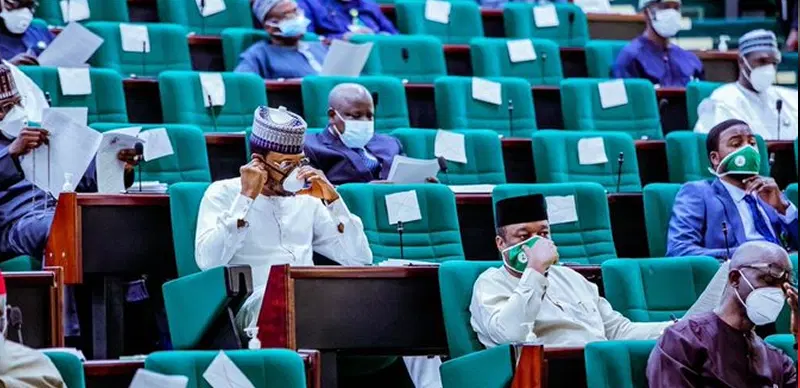The Minister of Petroleum Resources (Oil), Heineken Lokpobiri, has announced that the Floating Production Storage and Offloading facility in Lagos, a joint venture between NNPC Limited and Century Nigeria Limited, is nearing completion.
This facility is set to contribute an additional 40,000 barrels per day to Nigeria’s crude oil production.
Lokpobiri made this statement during an inspection visit to the FPSO facility site on Saturday, highlighting its imminent completion and expected contribution to Nigeria’s crude oil production.
The FPSO facility in Lagos, which is nearing completion, is a joint venture involving NNPC Limited, Century Nigeria Limited, WAEP, and ENSERV.
According to Lokpobiri, the FPSO facility exemplifies how partnerships can enhance local expertise and national output.
He emphasized that this project aligns with the objective of significantly increasing oil production beyond the current quota, as directed by President Bola Tinubu.
“Supporting local capabilities is essential to driving the increase in our crude oil production. This was my position while inspecting the FPSO facility in Lagos, a joint venture between NNPC Limited and Century Nigeria Limited, in partnership with WAEP and ENSERV.
“I was pleased to see the remarkable progress on the project, which will soon add 40,000 barrels per day to our national crude production.
“This facility is a clear example of how partnerships can enhance both local expertise and national output, aligning perfectly with our goal of significantly increasing oil production beyond current quota as directed by President Bola Ahmed Tinubu,” Lokpobiri said.
He also revealed that the Group Chairman of Century Group, Ken Edward Etete, has confirmed that the ongoing upgrades at the FPSO facility are on track, with full completion anticipated by the first quarter of next year.
“Interestingly, Mr. Ken Edward Etete, the Group Chairman of Century Group, has assured that the various upgrades underway at the facility are on track, with full completion expected by the first quarter of next year.
“This project demonstrates the kind of commitment and collaboration needed to strengthen our energy sector, and we remain supportive of similar efforts to further enhance our production capacity,” Lokpobiri added.
Despite contributing a relatively small share to Nigeria’s GDP, the oil sector remains a vital source of foreign exchange and government revenue, highlighting its ongoing importance to the country’s economy.










